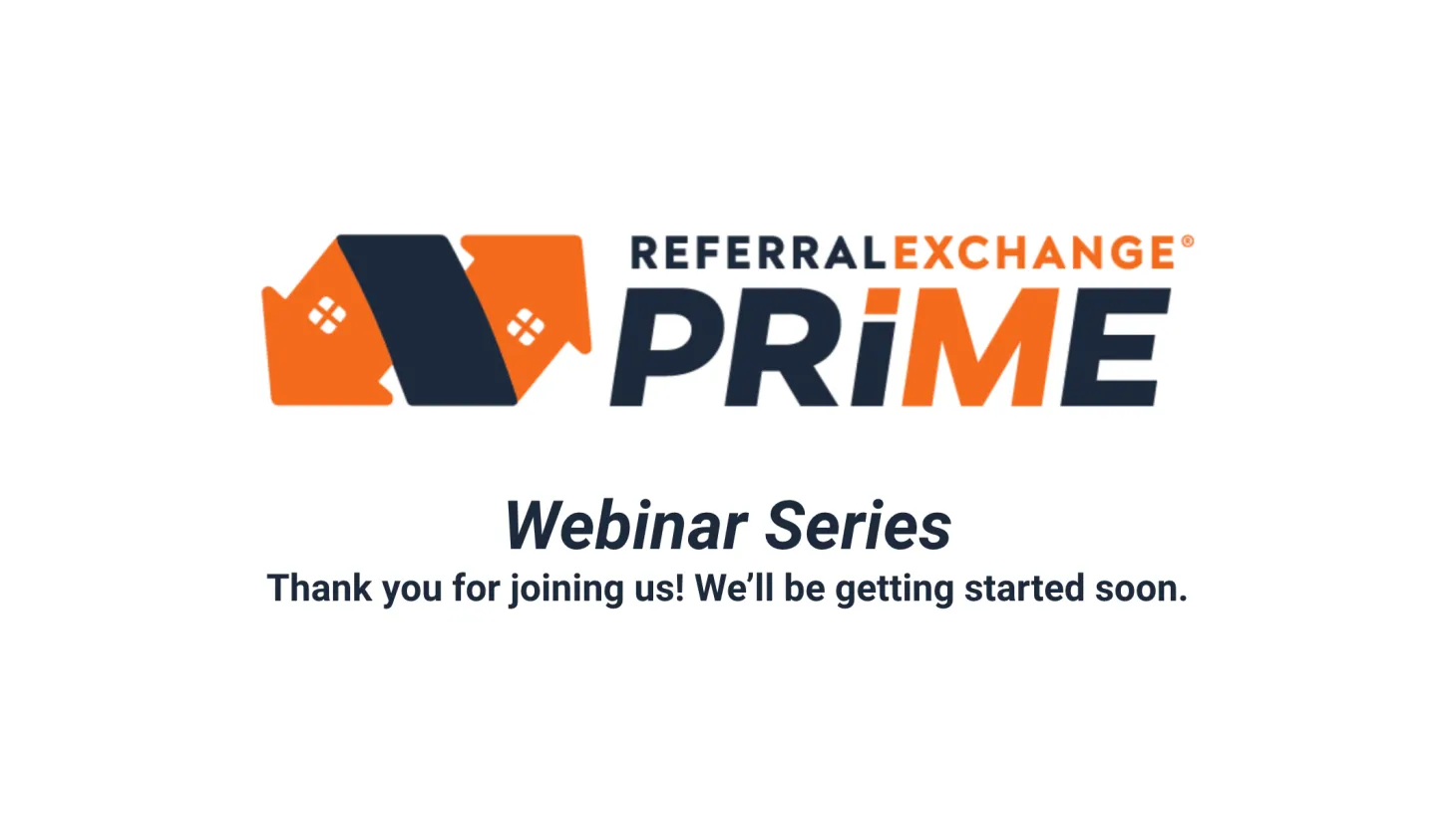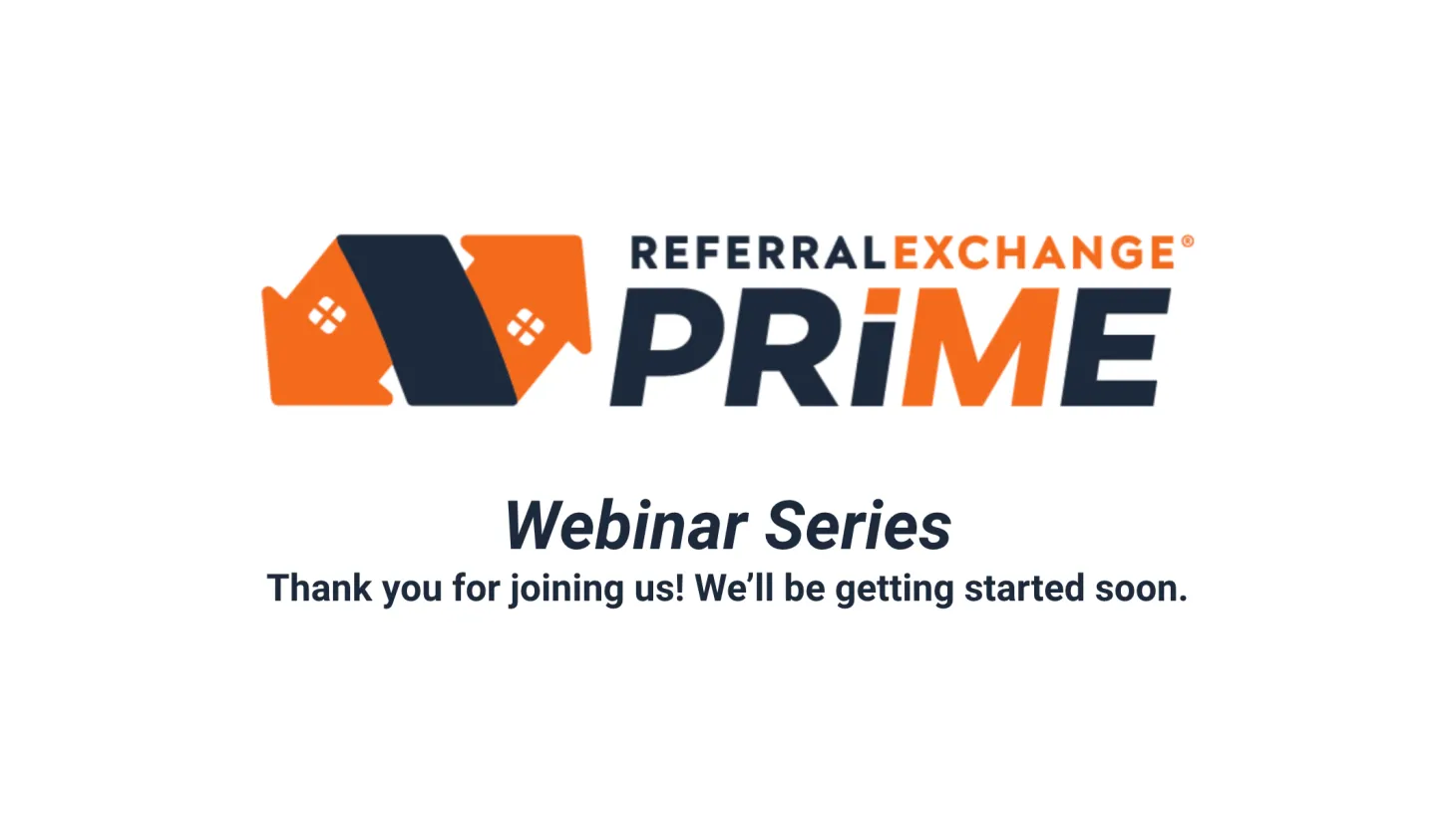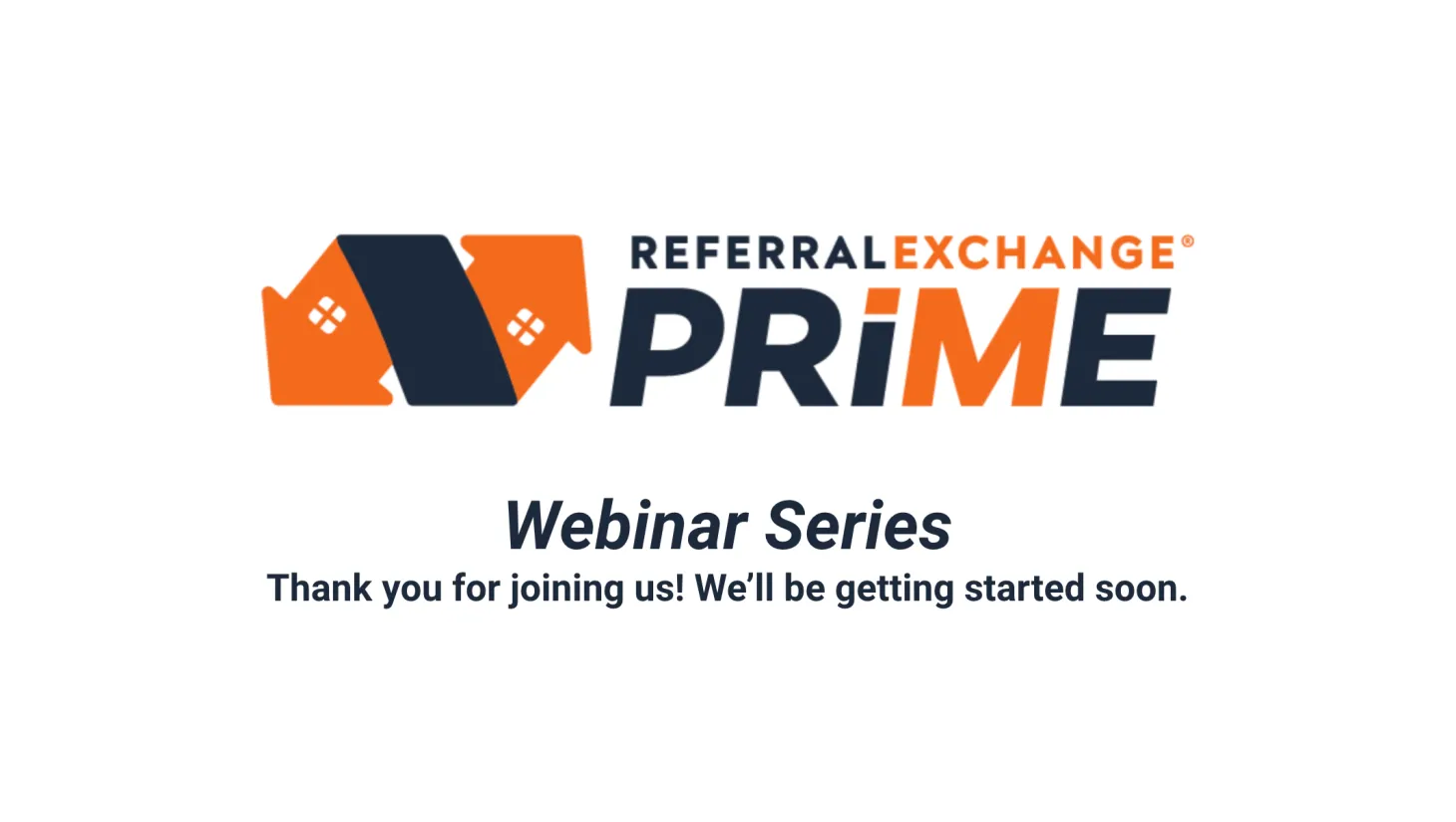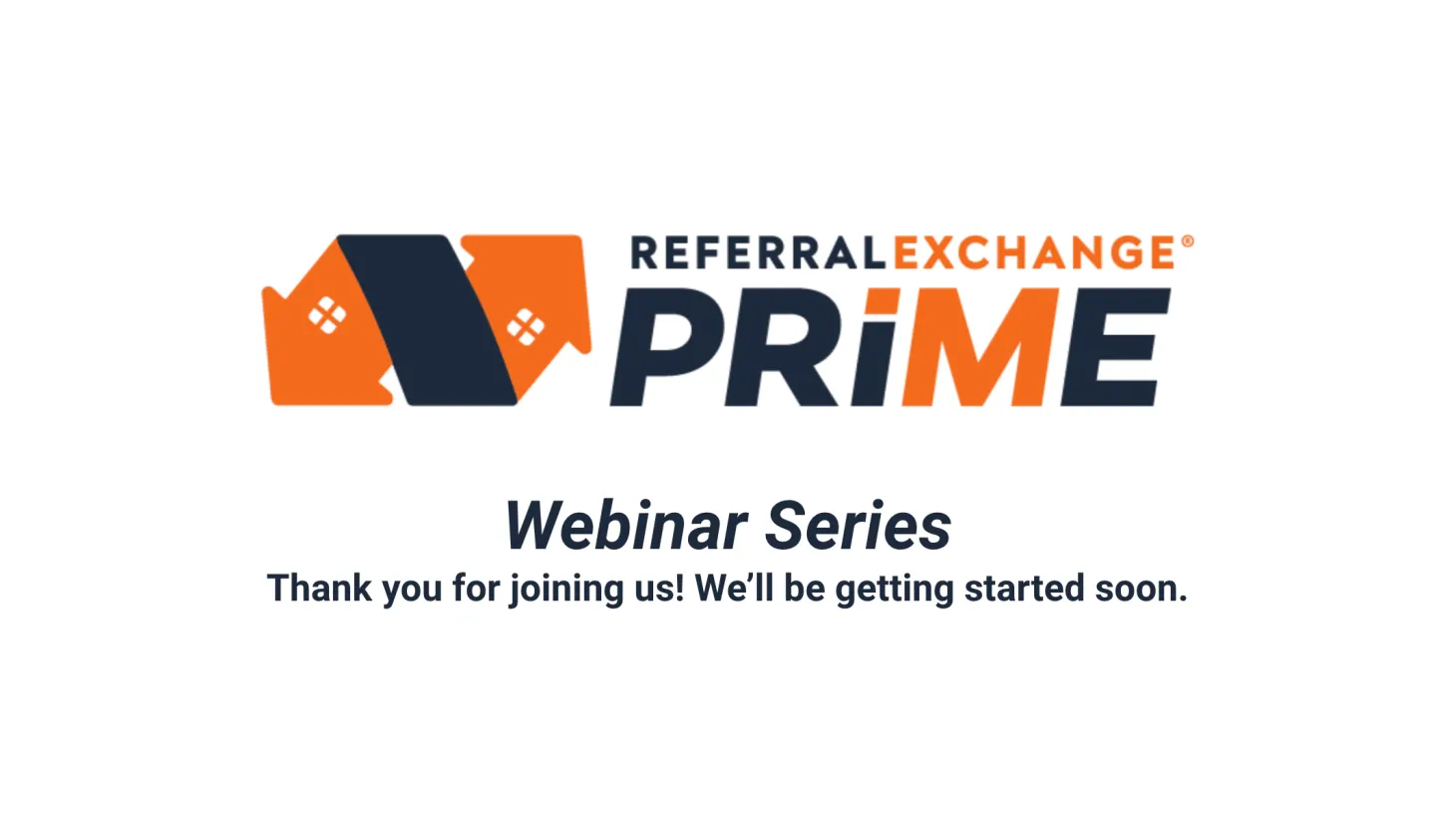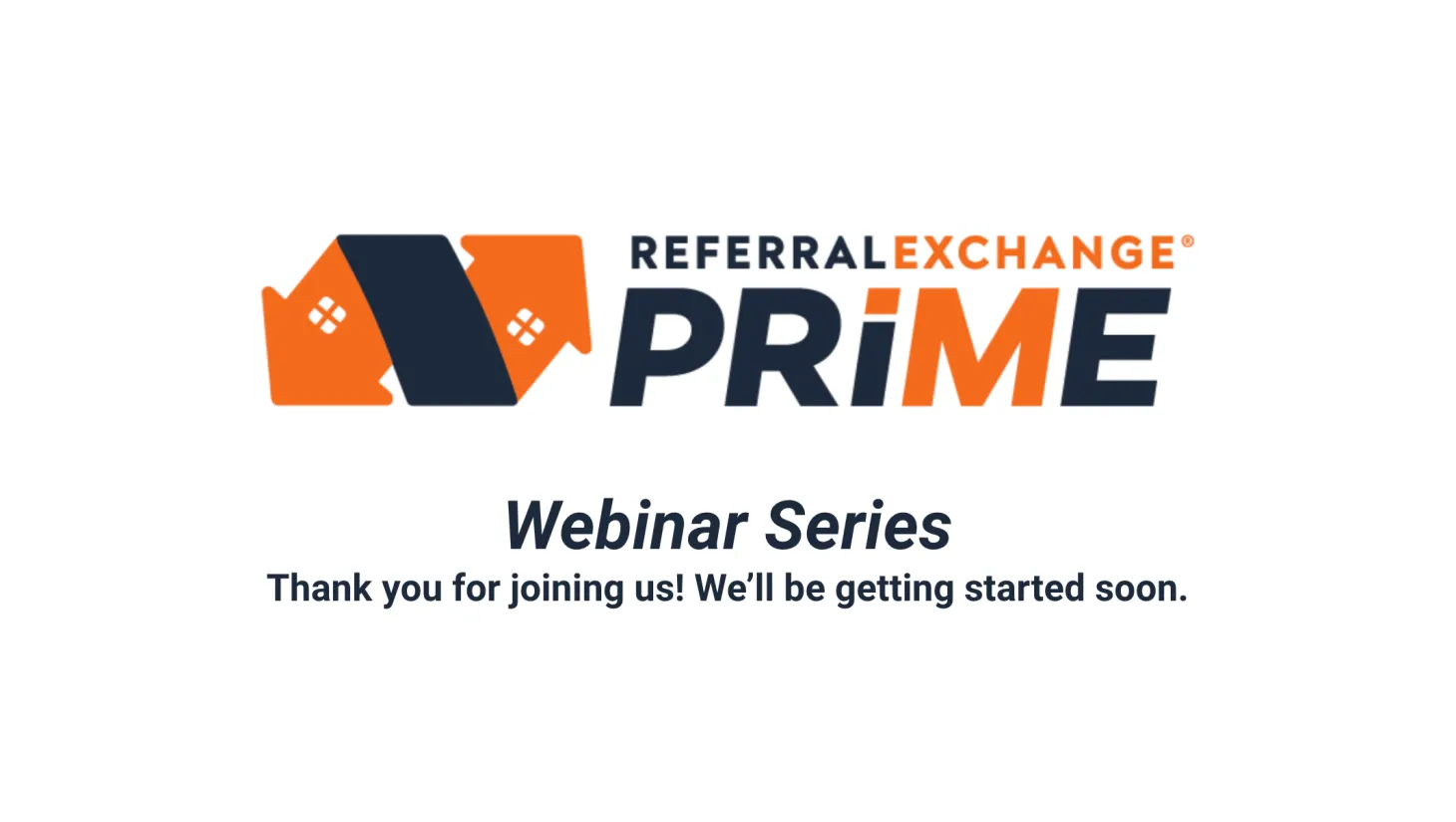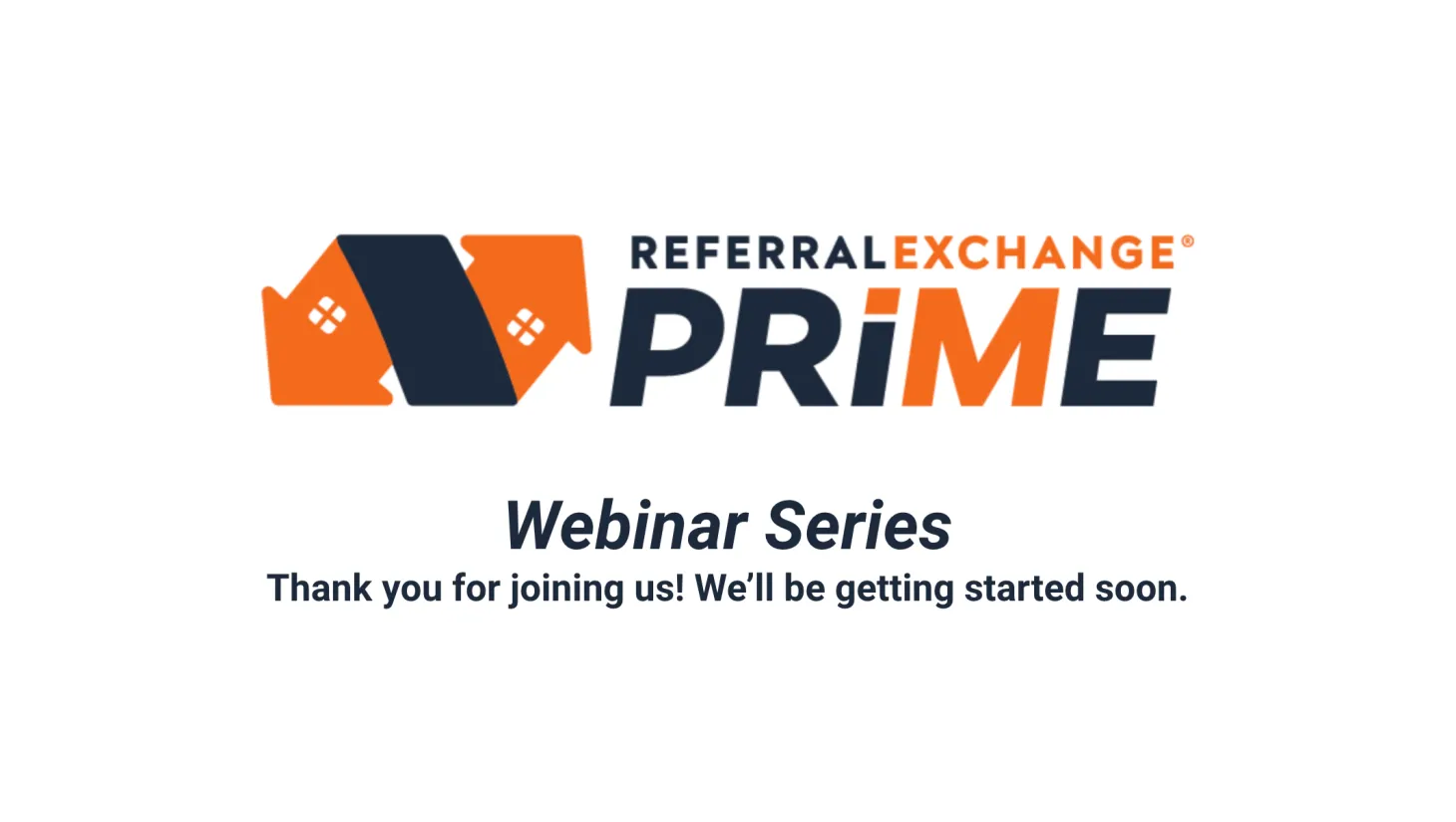
3 Steps to Becoming a Real Estate Agent
Becoming a real estate agent includes a pre-licensing course, passing a licensing exam, and applying for your license. Here’s a look at the entire process.
Interested in becoming a real estate agent?
A career as a real estate agent introduces people to many benefits, including wonderful commissions and substantial opportunities for growth.
In order to become a real estate agent, you need to be a legal U.S. resident of either 18 or 19 years of age, depending on state guidelines. If you qualify, becoming a real estate agent only takes about four to six months or less.
Becoming a Real Estate Agent Explained
Becoming a real estate agent means following the processes required to train, learn, and get licensed.
The first thing you need to do for becoming a real estate agent is to research the process for becoming licensed in your specific state.
While the specific steps required to legally become a real estate agent may vary slightly by state, the general requirements to becoming a real estate agent are:
- Complete a pre-license education course
- Pass the licensing exam
- Active your real estate license
Once you have obtained a valid real estate license, the final step to becoming a real estate agent is to join a brokerage and begin your career.
Here is a detailed overview of the three steps involved in becoming a real estate agent, as well as some tips to kick start your career and find the right brokerage for you.
#1. Take a Pre-Licensing Education Course for Real Estate Agents
Every state requires aspiring real estate agents to take and pass a pre-licensing course to prepare for the licensing exam.
The training course needs to be conducted by an accredited real estate licensing school. The course requirements, including hours and pricing, varies by state.
Most locations offer multiple methods of training, including in-person classes at special real estate schools, home training, classes at local educational institutions, and fully-online courses.
Typically, the cost of tuition for pre-licensing courses ranges from $180 to $900+ depending on the course provider.
#2. Pass the Real Estate Licensing Exam
The real estate licensing exam is a digital test that covers both national real estate practices and state-specific laws and regulations.
To pass the exam, test takers must receive a passing score on both the national and state-specific portions of the exam. It is possible to retake the test, but each state has regulations on how many retakes are permitted and the time required between retesting.
All exams are multiple-choice, but the specific content, length, and time allotment vary by state. The cost of the licensing exam ranges from $100 to $300 depending on location.
#3. Activate Your Real Estate License
After passing the exam, you need to apply for your real estate license.
Applicants need to submit the required paperwork and fees to the local real estate regulatory agency. Once approved, you will receive your license by mail. New agents need to wait until their licenses have been issued to begin working.
Three Tips for Finding the Right Brokerage
Choosing the right brokerage to work with is important for anyone thinking about becoming a real estate agent.
Here are three tips to help new agents find the best brokerage to launch their careers with.
#1. Examine the Brokerage Culture
A company’s culture establishes the experience that new agents have when they join the team. To ensure that you’re choosing the right team for you, look for a brokerage that shares your values.
Ask about the company’s culture when prospecting brokerages. Investigate work schedules, office policies, and team structures to learn more about what it would be like to actually work there.
#2. Prioritize Technology Access
The real estate industry is using technologies to streamline processes and create new possibilities to improve transaction experiences for both clients and agents.
When you’re looking for the right brokerage, ask about what technologies and software you’ll have access to as an agent.
Starting off with a tech-powered brokerage will give you exposure to new tools and allow you to get trained using digital software.
#3. Look For a Smooth Onboarding Process
As a new agent, the first brokerage you work for will teach you how the business works — for both client-facing and back-end processes.
Agents seeking their first position in a brokerage should look for a firm with a strong training process. Look for a team that prioritizes onboarding and invests time in training and educating new team members.
Learn Real Estate Strategies For New Agents
In 2021, there are about 2 million licensed real estate agents working in the United States. However, the best in the business are the top agents in each market.
To learn about best practices and industry tips that top agents use to elevate their business and expand their market share, review helpful real estate articles from RealEstateAgents.com.

